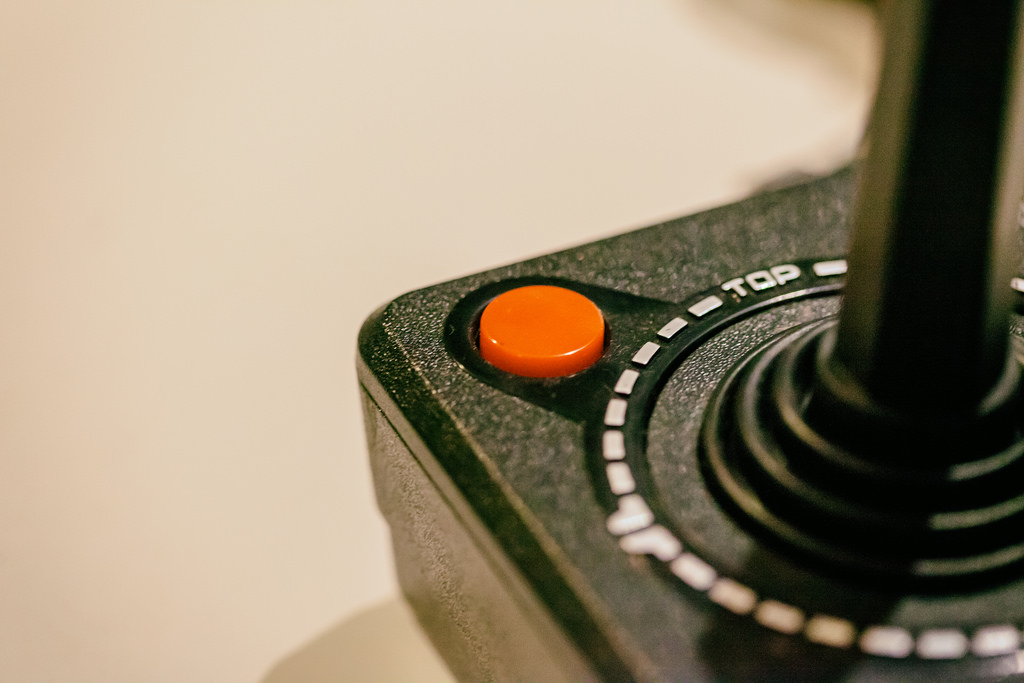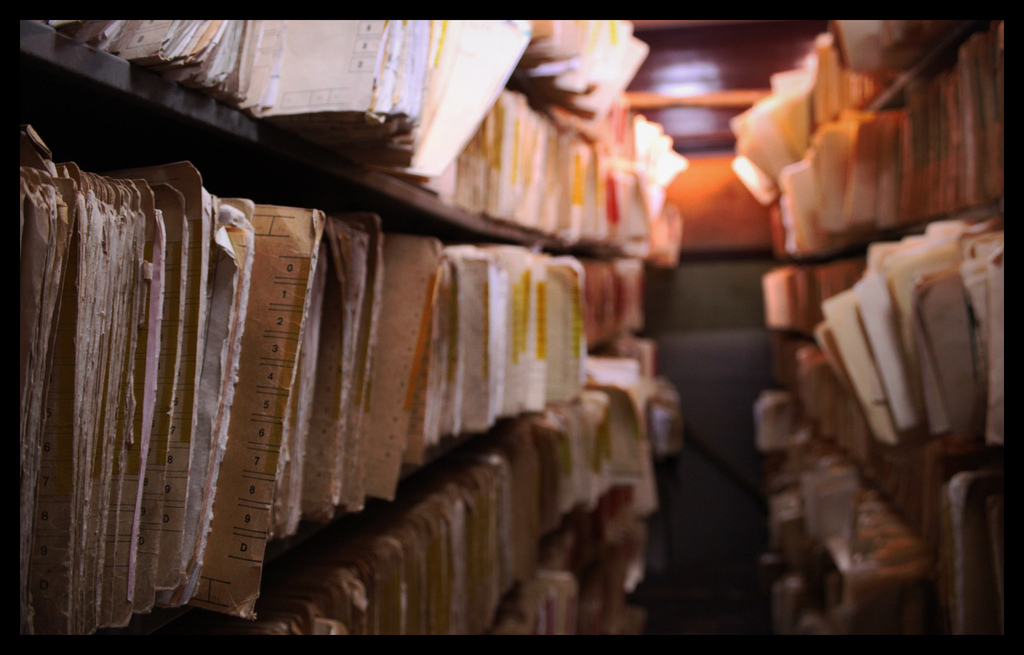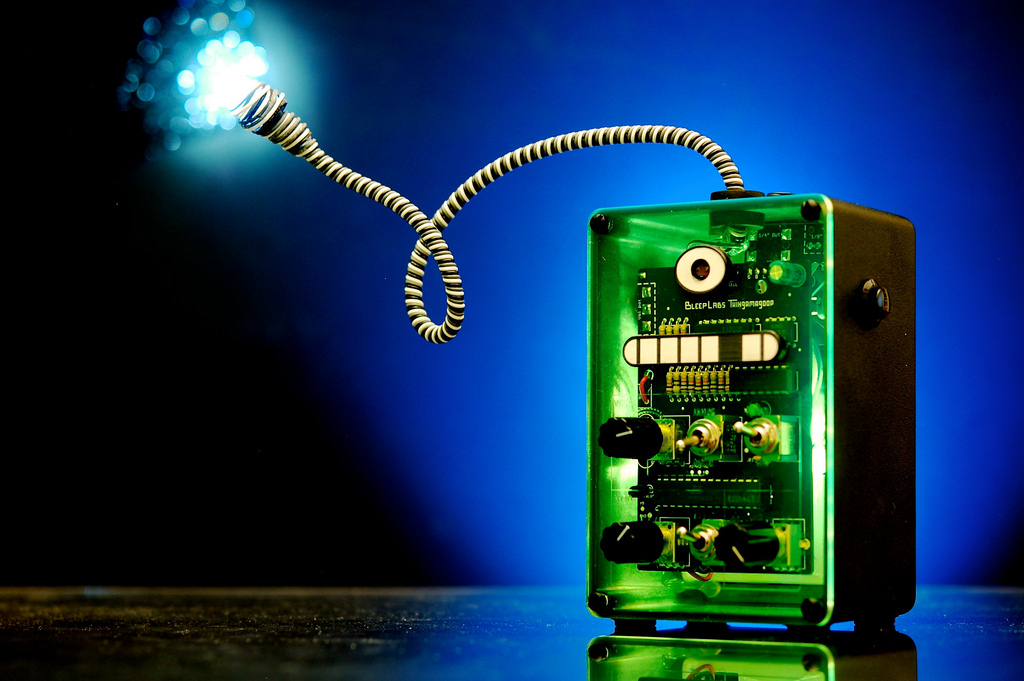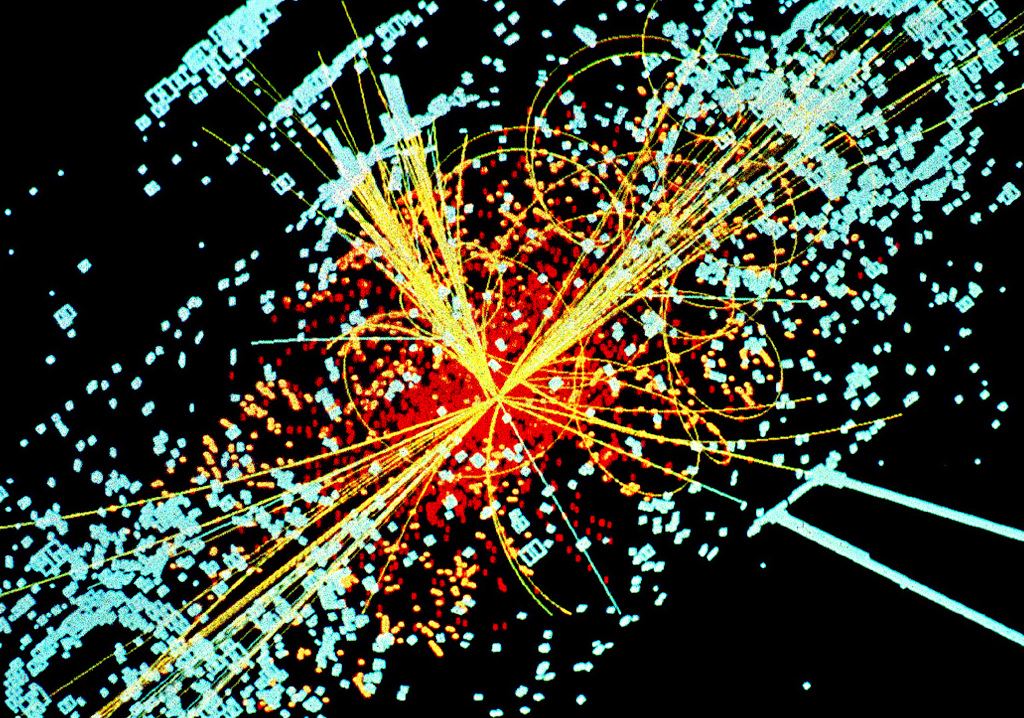Locative media is spatial rhetoric’s digital turn—or, thinking spatially, the digital end of the spatial rhetorics spectrum. With the rise of location-aware technologies and media forms, online and geographic worlds have converged: our online worlds move with us through geographic space thanks to web-capable mobile devices, while ever-more fine-grained geographic...
Introducing Our Research Areas: Games
Digital games are always laden with values: they make assumptions about players’ bodies and beliefs as well as race, gender, class, sexuality, and ability. Games invite their players to identify with these assumptions in order to succeed. But players can also resist a game’s procedural rhetorics, sometimes learning more from...
Introducing Our Research Areas: Digital Archiving
Archival theories and practices have long been central to scholarship on rhetorical history. With the emergence of technologies in digital archiving, however, and as rhetorical scholars have become involved in the construction of digital archives and exhibits, we increasingly recognize archives themselves as rhetorical entities. (more…)
Introducing Our Research Areas: Devices
Staffers working in the Devices research area focus on experimenting with discrete artifacts, exploring the affordances of these materials within the lab’s mission. These artifacts range from what are now considered mundane technologies (e.g., keyboards, smartphones, tablets) to 3D printers, microprocessors and microcomputers, virtual reality devices and software, and so...
Introducing Our Research Areas: Data
Over the last few years, “big data” has become a big deal. From election predictions to controversial surveillance programs, and from forms of data visualization to research in rhetoric and the humanities, digital data is being tracked, gathered, and deployed in unprecedented ways. (more…)






